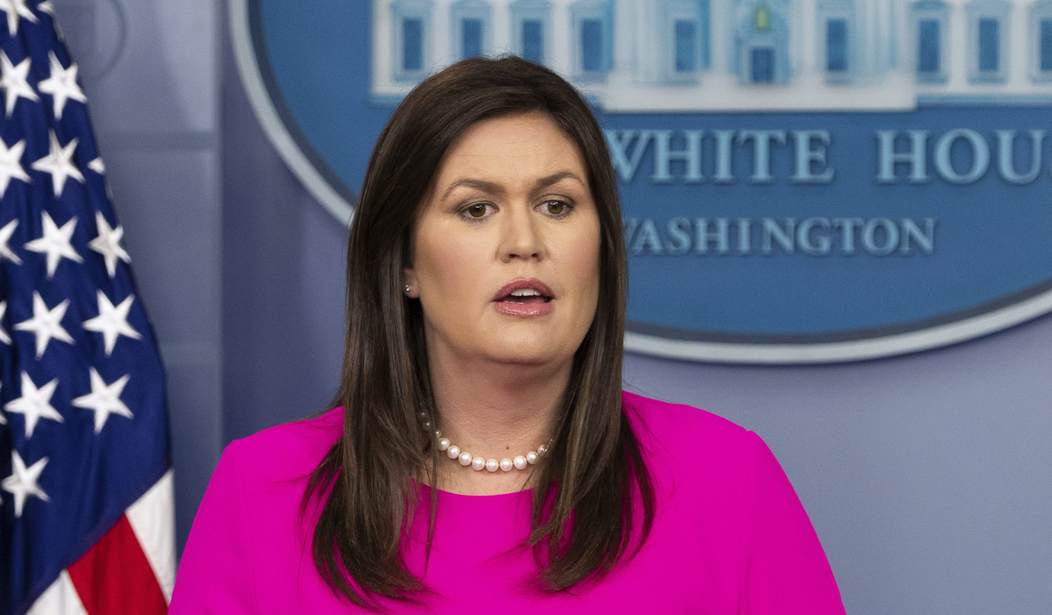Everyone in Washington thinks he/she should be in charge, everyone from Uber drivers to university professors and of course the myriad attorneys that populate the capitol. But no one believes it with such certainty as the journalists, although they are not any more qualified than, say, a list of names taken at random from the phone book.
And why not? They are very much a part of the establishment, they work in government buildings, we pay for their office space, and if they are aggressive enough, they can walk around the building—whatever it happens to be—and chat up the elected and appointed officials.
I don’t think it should be that way. I don’t think they are entitled to free office space in government buildings, and I don’t think they are entitled to easy access to government officials. They should rent their own space in non-government buildings, make appointments to interview government officials, and leave the building when the appointment is over.
I’m similarly skeptical about the recent fury over banning a reporter from a White House briefing. When I worked in the Reagan administration—first at the State Department, later at the White House—I talked to plenty of journalists. I never spoke “off the record” and I still don’t believe in it (if you don’t want to discuss a subject, just shut up. If you do, put your name on it). There were some unpleasant moments, one with William Safire of the New York Times, who once asked me about a diplomatic matter of some sensitivity. He asked a question that suggested he had been misinformed, so I said he needed some background. He wouldn’t listen, and insisted I just answer his question. I said if I did that, he would be misled, so I declined, and thereafter refused to talk to him. I didn’t think he was entitled to set the agenda, nor did I think he had some sort of “right” to use my time as he saw fit. So I locked him out. Note that I wasn’t at all hostile to Safire’s politics. Quite the opposite, in fact.
I feel the same about the exclusion of a CNN reporter from a White House event. I think government officials should be able to decide to whom they will respond, and under what circumstances. Acceptable motives range from unhappiness about past articles or broadcasts, to security concerns. Yes, including real espionage. Suppose the government had information suggesting a certain journalist was an agent of a hostile foreign power. We might have good reason to keep that journalist out of government buildings, but not wish to reveal our knowledge of the spookery.
By the way, I keep being told by authoritative sources that lots of people are walking around the White House and the State Department wearing “wires.” These include reporters. Isn’t it prudent to check people in such buildings?
I fully understand that news organizations feel strongly that they should be able to choose their reporters, and that government officials should take their questions. I’d feel the same way in their shoes. It’s just that the government has no obligation to give such authority to the newsies, even though the reporters, editors and media officials act as if it does.
So I’ve got some suggestions:
1. Get the press out of government buildings; make reporters schedule appointments and go through security checks.
2. Clear specific reporters for attendance at official meetings, press conferences, and interesting events, recognizing that the government can approve or block reporters without always providing justification.
As things stand, the journalists believe such decisions are up to them. I think that distorts the proper relationship. If there were greater distance between media and government, the quality of reportage might improve. It’s hard to imagine it getting worse.









Join the conversation as a VIP Member